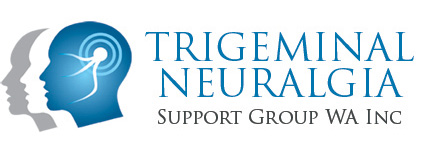Brain Awareness Week runs from 13 – 19 March and is the global campaign that increases public awareness about the wonders of the brain, the importance of brain health and the positive impact brain science has on our everyday lives.
Now in its 27th year, the campaign is the brainchild of the Dana Alliance for Brain Initiatives (DABI) and is coordinated by the Dana Foundation.
The brain plays a significant role in the overall health and well being of a person. Even though it is only about 2% of your body mass, it is in full in control of our body. Your brain is what makes you, you. It helps you think and remember, creates your personality and also determines if you are happy or sad. And, that’s in addition to controlling breathing, heart rate, our senses and other biological functions that are critical for survival.
So, what could be more important than taking care of your brain’s health?
There is so much about our brains that we don’t yet understand; however, there are many findings from brain research that we must continue to share with our communities, including messages of how to keep your brain healthy at any age.
Did you know… The brain is one of the most complex and fascinating organs in the human body. A piece of brain tissue the size of a grain of sand contains 100,000 neurons and 1 billion synapses. These systems support everything we do… but, when something goes wrong, these conditions can be very hard to treat. The good news is that promoting brain health can help prevent many of these conditions!
6 Essentials for Brain Health
During Brain Awareness Week and throughout the year, the goal is to keep your brain healthy by eating right, moving more, and stimulating your mind!
We want our amazing brain to thrive across our lifespan, so protecting it should remain top of mind, and you can do this with:
1 regular physical exercise
2 a healthy diet and sleep routine
3 continual learning and exposure to new things
4 maintaining social connections and a positive mindset
5 wearing protective head gear, when required and avoiding activities that could lead to head injuries
6 avoiding risky behaviours – excessive alcohol consumption, smoking and drug use.

